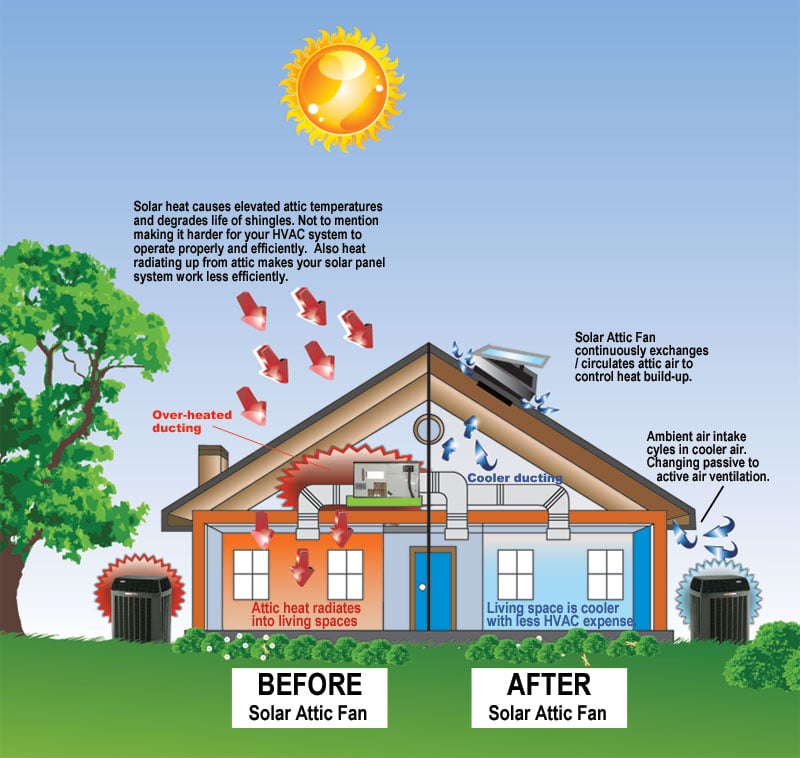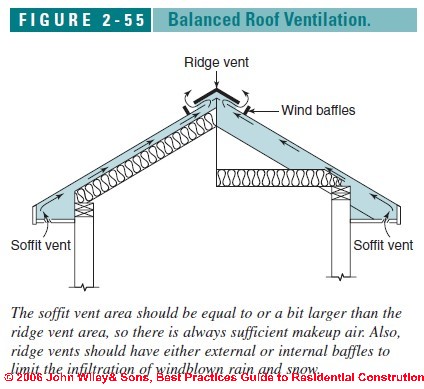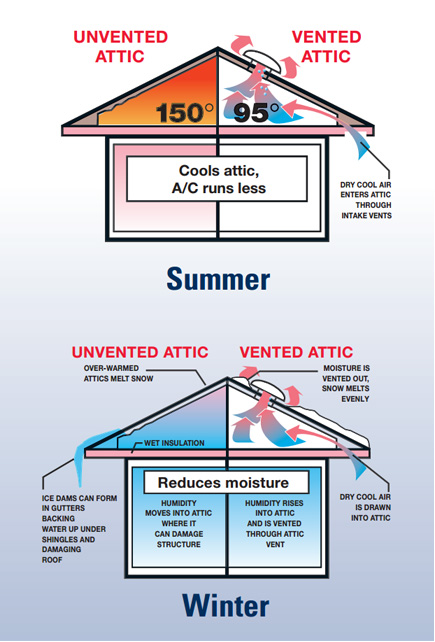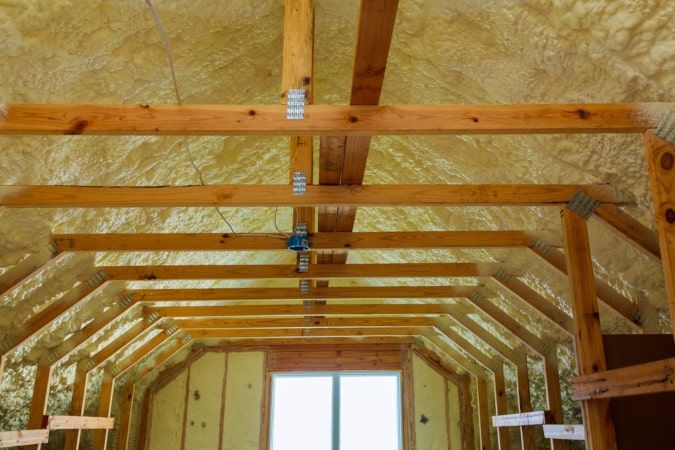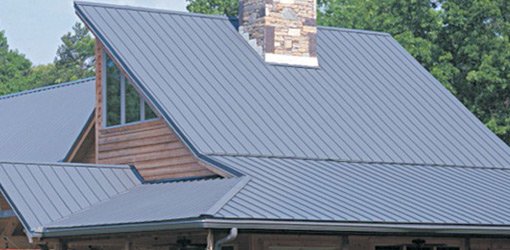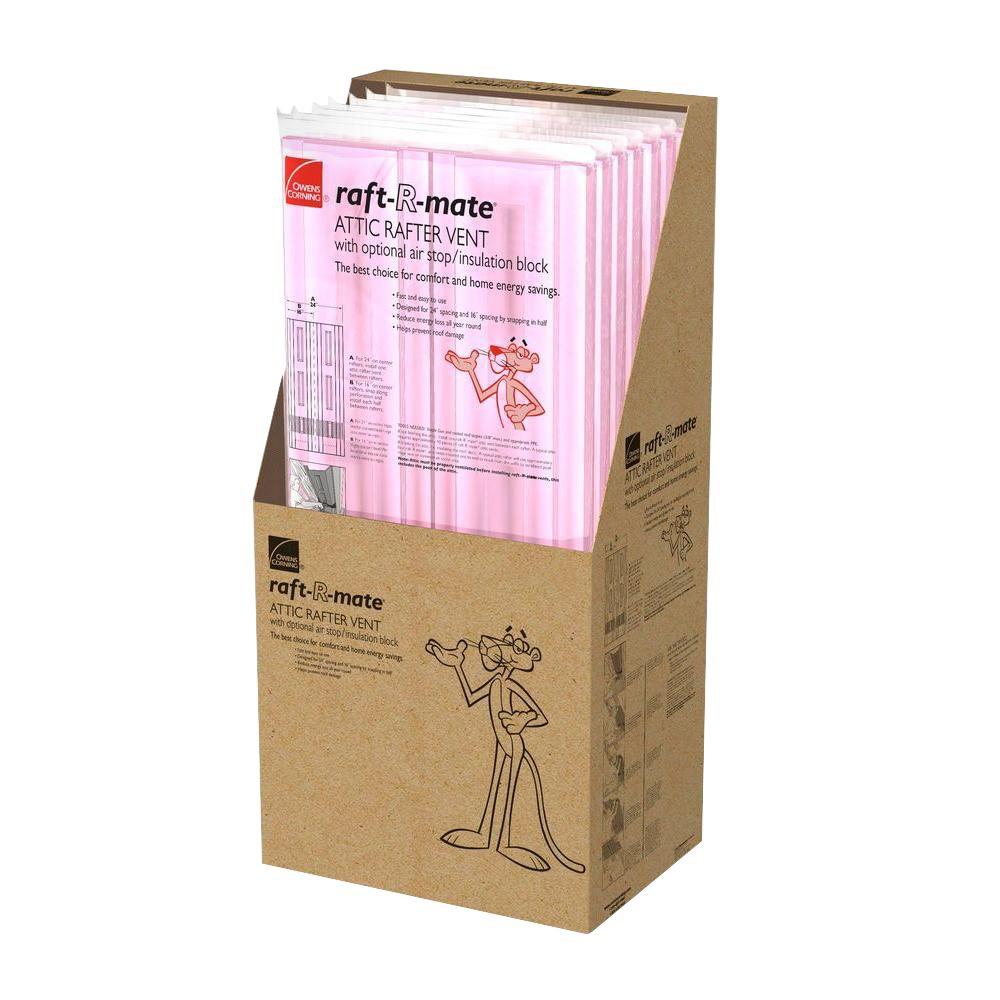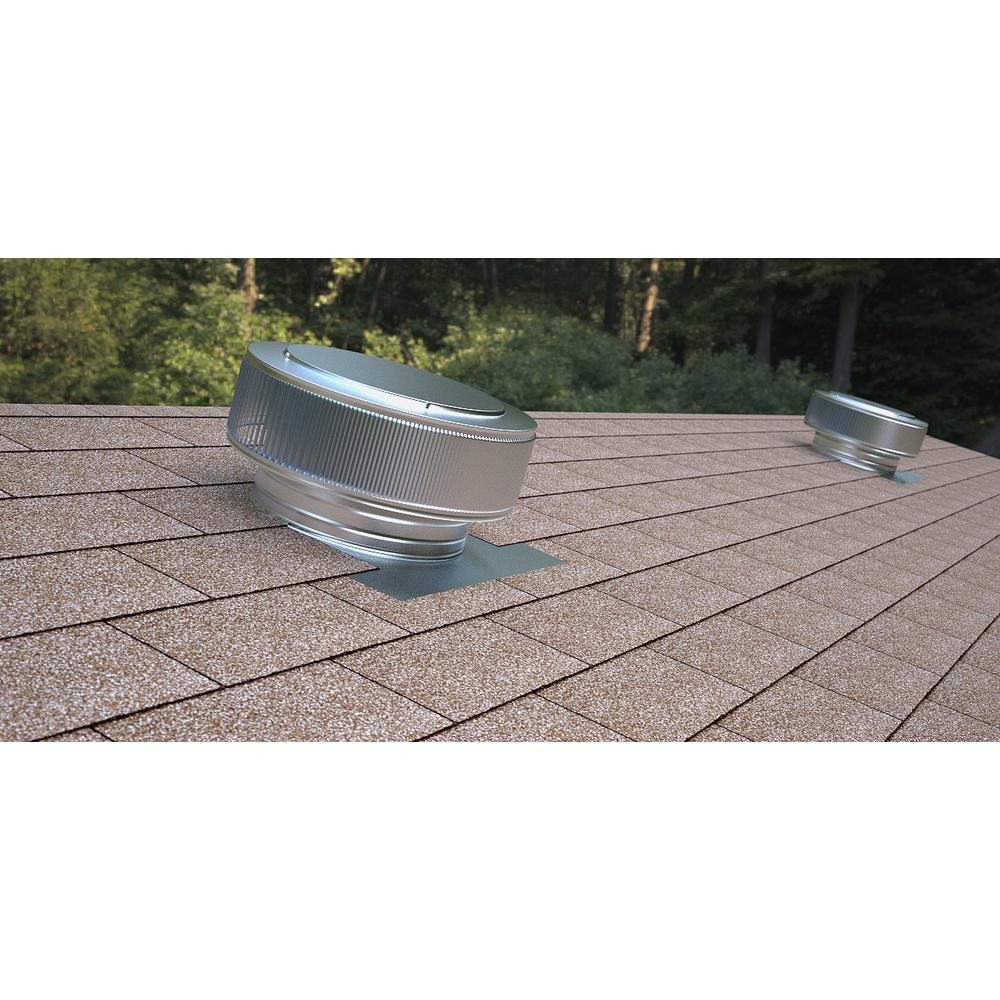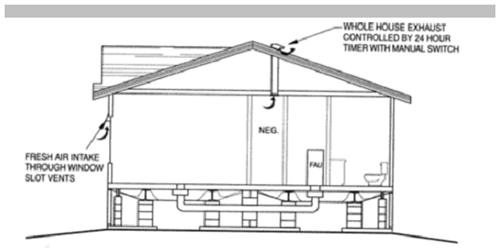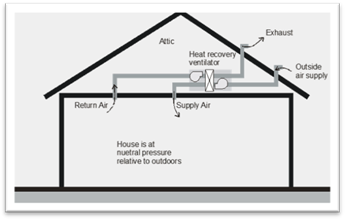Attic Ventilation Air Changes Per Hour
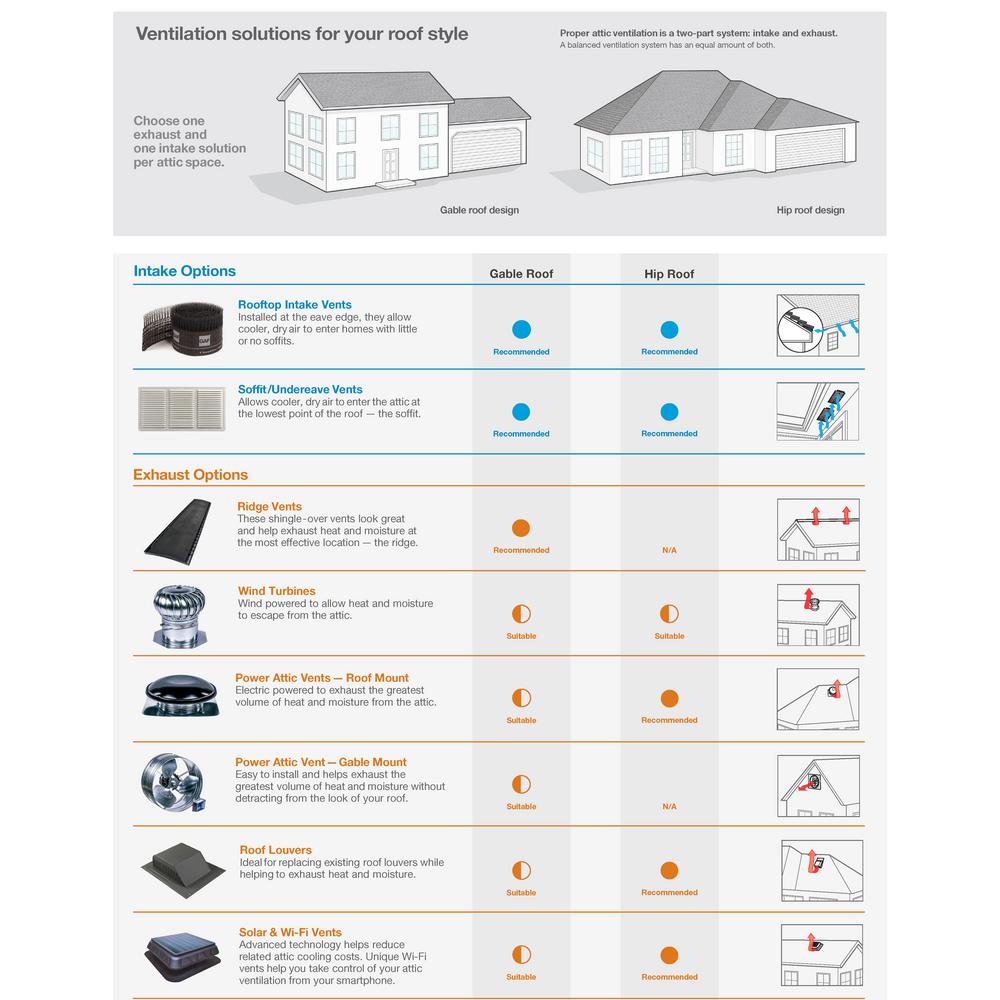
To calculate the recommend amount of ventilation for your home simply multiply the total square footage of your attic space by 0 70 as indicated in the table below or use the ventilation requirements.
Attic ventilation air changes per hour. Be aware that it may be necessary to calculate required supply air based on no. Such an air purifier is capable of changes the whole volumetric air in room 15 000 1 600 9 375 times. Air changes per hour abbreviated acph or ach or air change rate is a measure of the air volume added to or removed from a space normally a room or house divided by the volume of the space. Recommended air changes per hour.
Multiplying the total square footage of the attic by 0 7 will provide the rate required. All spaces in general. For example it is generally considered that 4 ach s is the minimum air change rate. It is recommended to get a fan that is rated for 15 20 air changes per hour.
Here is a neat air change per hour calculator you can freely use. Ach stands for air changes per hour if you paid attention when we described the way that these fans work you understand what this means. More information about required supply air per person can be found here. If not go back and read again.
For particularly dark or steep roofs we recommend a slightly higher rating. Powered attic ventilators should provide at least 10 air changes per hour. The home ventilating institute hvi recommends that powered attic ventilators provide at least 10 air changes per hour to equalize attic temperature. If the air in the space is either uniform or perfectly mixed air changes per hour is a measure of how many times the air within a defined space is replaced.
In one hour 60 minutes we get 60 250 15 000 cubic feet per hour. Attic spaces for cooling. The table below indicates air change rates air changes per hour commonly used in different types of rooms and buildings. The ach can vary widely depending upon what is going on inside the building.
Effective attic ventilation requires air to exit at or near the peak of the roof and replacement air to be drawn in under the eaves of the house via soffit venting. Of persons in the room or building. In short effective attic ventilation also helps cool attic insulation.
